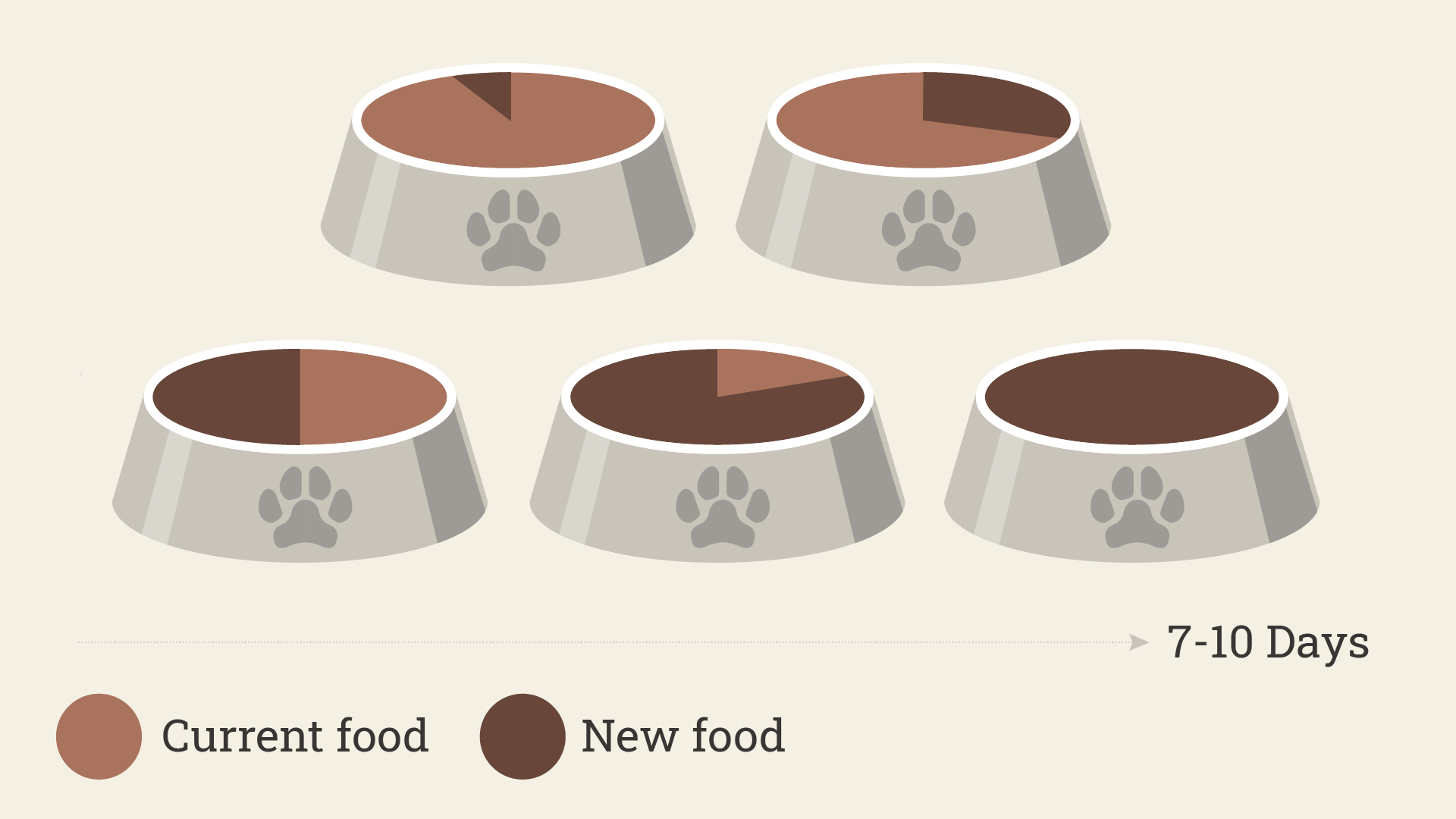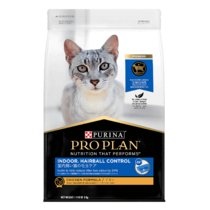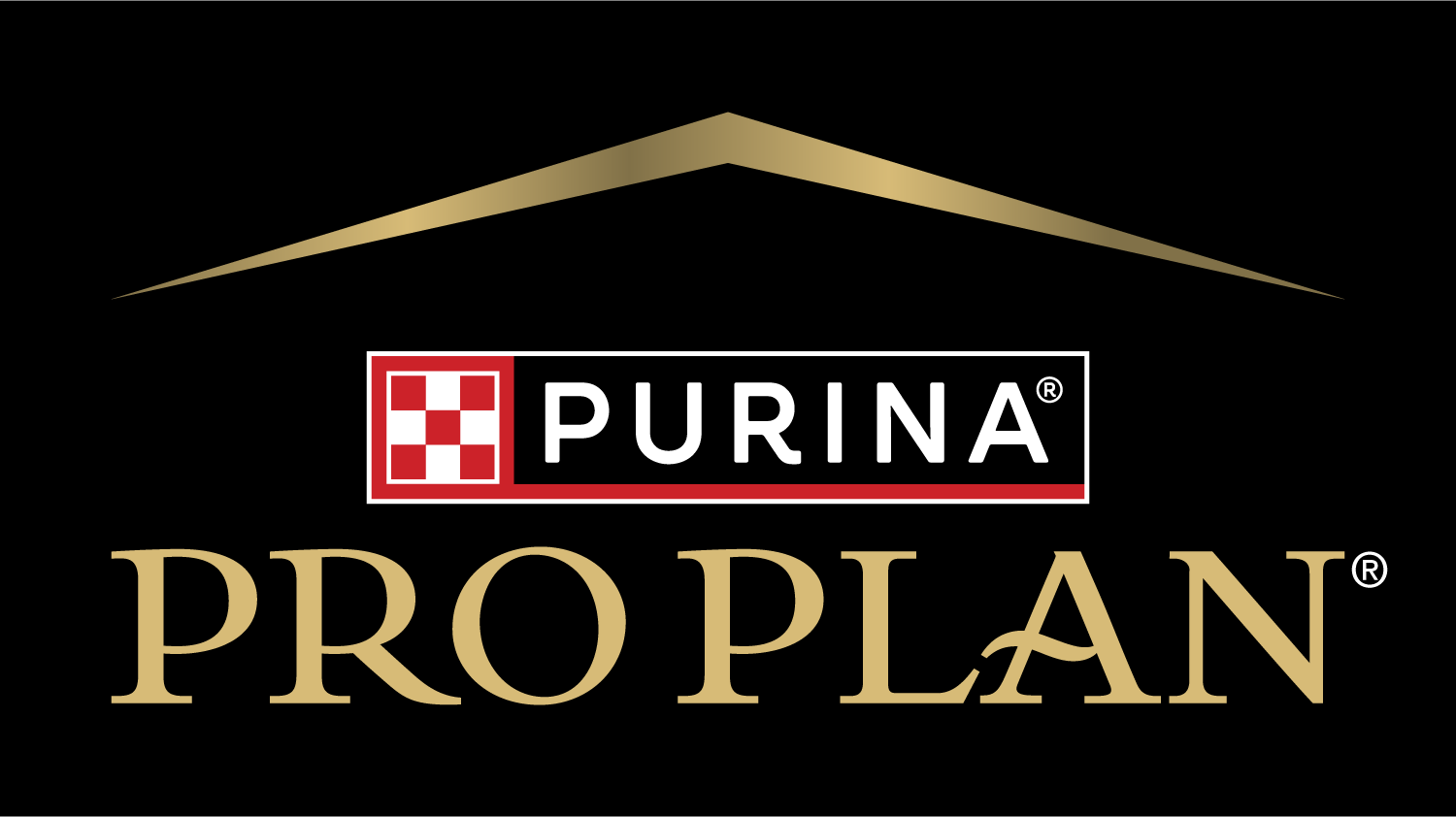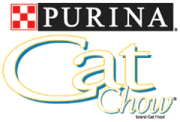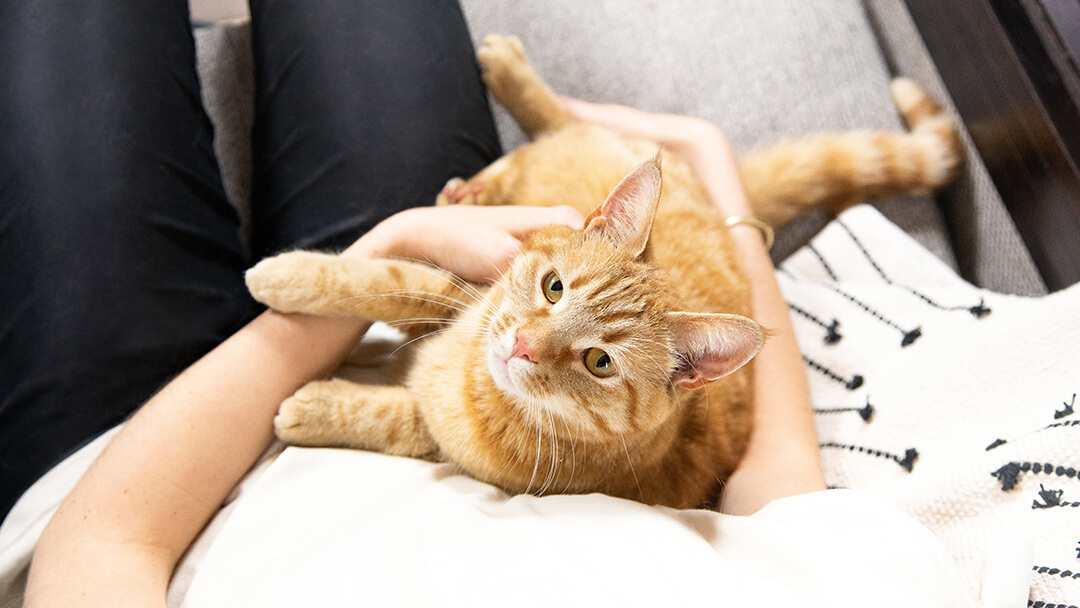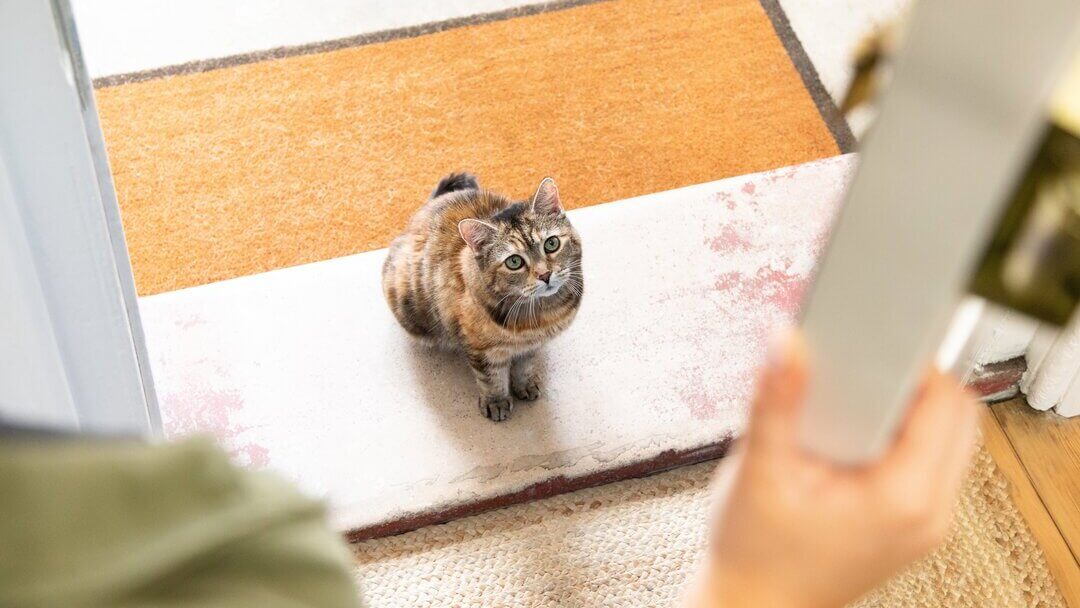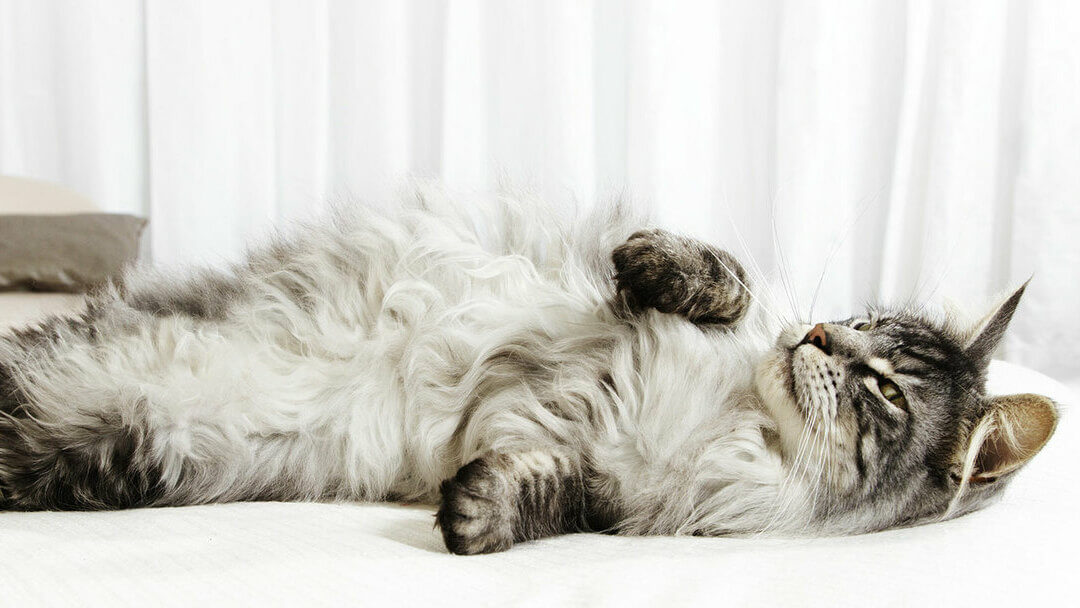
Pregnancy is both wonderful and wonderfully tiring, for you and your pet. One important thing you can do to help your mum-to-be is to give her the nutritional support she needs.
Choosing the right feeding plan during pregnancy will ensure that she grows fit kittens, and has the strength to handle birth and nursing her newborns. The adult food you normally give your cat is great for her everyday diet, but it won’t provide the extra boost she’ll need when expecting. For a happy mum and healthy kittens, pick a formula that will meet her new requirements.
A high-quality kitten food will provide all the necessary nutrients when feeding your pregnant cat. Start weaning her onto it from mating until a few weeks after giving birth, to keep her strong and give her the energy she needs to support her new kittens.
Pregnant cats need higher amounts of calories and protein, both of which can be found in a high quality kitten food. Switching mum onto a kitten food will also help her litter, as they’ll be able to copy her and try some of her solid food as they wean off her milk. We have a selection of products to suit a variety of diets that you can try.
If your cat has a sensitive stomach, choose a delicate kitten formula. If she’s on a specific diet for health reasons, speak to your vet for advice before making any changes. When choosing a kitten formula for your pregnant cat, bear your pet’s preferences in mind.
Per portion, dry food contains a higher number of calories than wet food. Therefore if your cat is on a wet food only diet, feed her more meals or larger servings to ensure she’s getting the extra energy that she needs. You can also try mixing their wet food with a bit of dry to give her the best of both worlds.
How much should I feed a pregnant cat?
Your pregnant cat's food intake will gradually increase from the day she mates right up to the end of her pregnancy. By the end of her term, she’ll eat about 50% more than her normal level (although it's not unusual for her to need up to twice her regular amount!). Fortunately, feeding pregnant cats is relatively easy. So long as you provide enough food, they’re usually sensible, eating what they need and stopping when they’ve had enough. As kittens need extra nutrition during their early development, start feeding your pregnant cat kitten formula from the fourth week of her pregnancy.
Bear in mind your cat’s preference when choosing what kitten food to give her – if she usually prefers wet food, remember that is has a lower calorie content than dry food. Try mixing the two together to get her the extra energy that she’ll need. Always make sure that she has plenty of fresh water available to stay hydrated – especially if she prefers a dry food diet.
To give your cat’s tummy an easy transition onto her new diet, introduce it slowly. Spend 7-10 days gradually adding the new formula to her standard food, until you have completely swapped them over. Taking this approach when feeding pregnant felines should make the change as smooth as possible for them.
To maintain mum’s energy levels, give her lots of smaller meals throughout the day. If possible, try to make food available at all times, leaving dry food out for her to graze on, as well as plenty of fresh water. Her kittens will really start to develop from week 9 of her pregnancy, so her food intake should increase from then and continue gradually until after she has nursed her litter.
You might notice your cat’s weight increasing as she starts to eat more. Some of this will be the fat she’s laying down to help feed her kittens during nursing. This weight gain is completely normal and she should lose the excess weight during her 3-4 week long nursing period.
Don’t worry if mum loses her appetite a little towards the end of her pregnancy. This is a common sign that gives you a clue that labour isn’t far away. Even if she’s got a bit fussy about eating, make sure that food and water is still available in case she wants a small snack during this time.
Nutrition for pregnant cats is important at all stages of her term. So, if you notice her appetite waning or that she starts to lose weight, contact your vet for further advice.
"My cat is a new mum, and thanks to a nutrient-rich diet we are now raising a lovely litter of kittens, who are very healthy and definitely a handful! You need to help keep mum healthy during this time."
How much should I feed a cat during nursing?
Bearing in mind that mum will be her kittens’ sole source of food for their first eight weeks, it’s as important to maintain a high quality diet during nursing as it is to provide nutrition for pregnant cats. To keep up her strength through this time, she will eat up to as much as four times her pre-pregnancy diet!
To help her nurse happy and healthy kittens, keep feeding mum kitten formula until her litter has weaned. The higher calorie content and added nutrients will keep her energy levels up, which is just what she needs when looking after a mischievous litter!
While nursing, keep her portion sizes the same but increase the amount of meals you give her. You can up her fluid intake by adding a little water to her food (whether wet or dry) – this may also help the kittens to take an interest in solid food, as it’s easier to eat when moistened.
Mum’s milk production will gradually come to a stop about 6-8 weeks after giving birth. At that point, you can slowly start to decrease her food intake until she’s back to her normal pre-pregnancy portions. As you did at the beginning of her pregnancy, start to reintroduce adult food – slowly – over a period of 7-10 days.
If you have any concerns about your cat’s weight loss or gain, use our body conditioning tool for more information. Your vet will also be able to offer advice on your cat’s post-pregnancy nutrition.
Purina brands for pregnant and nursing cats
Several Purina brands offer high-energy kitten diets appropriate for feeding during pregnancy and nursing.



